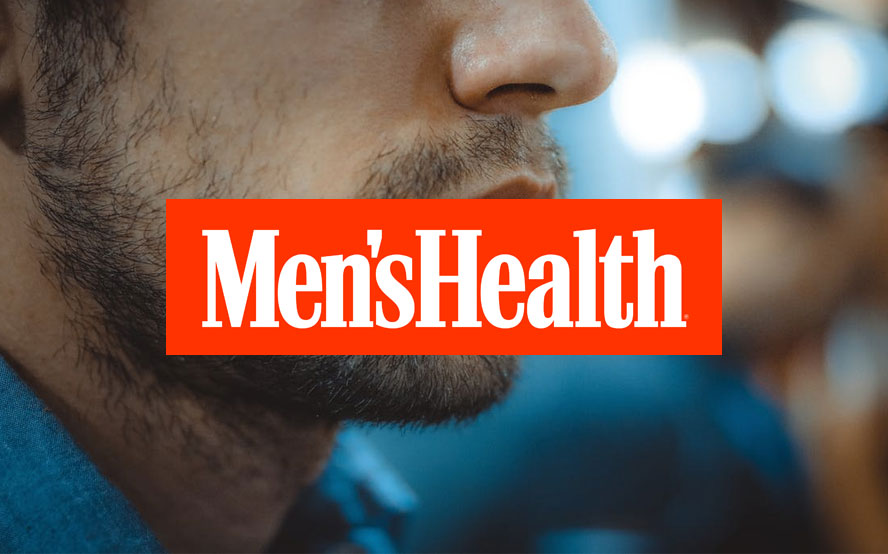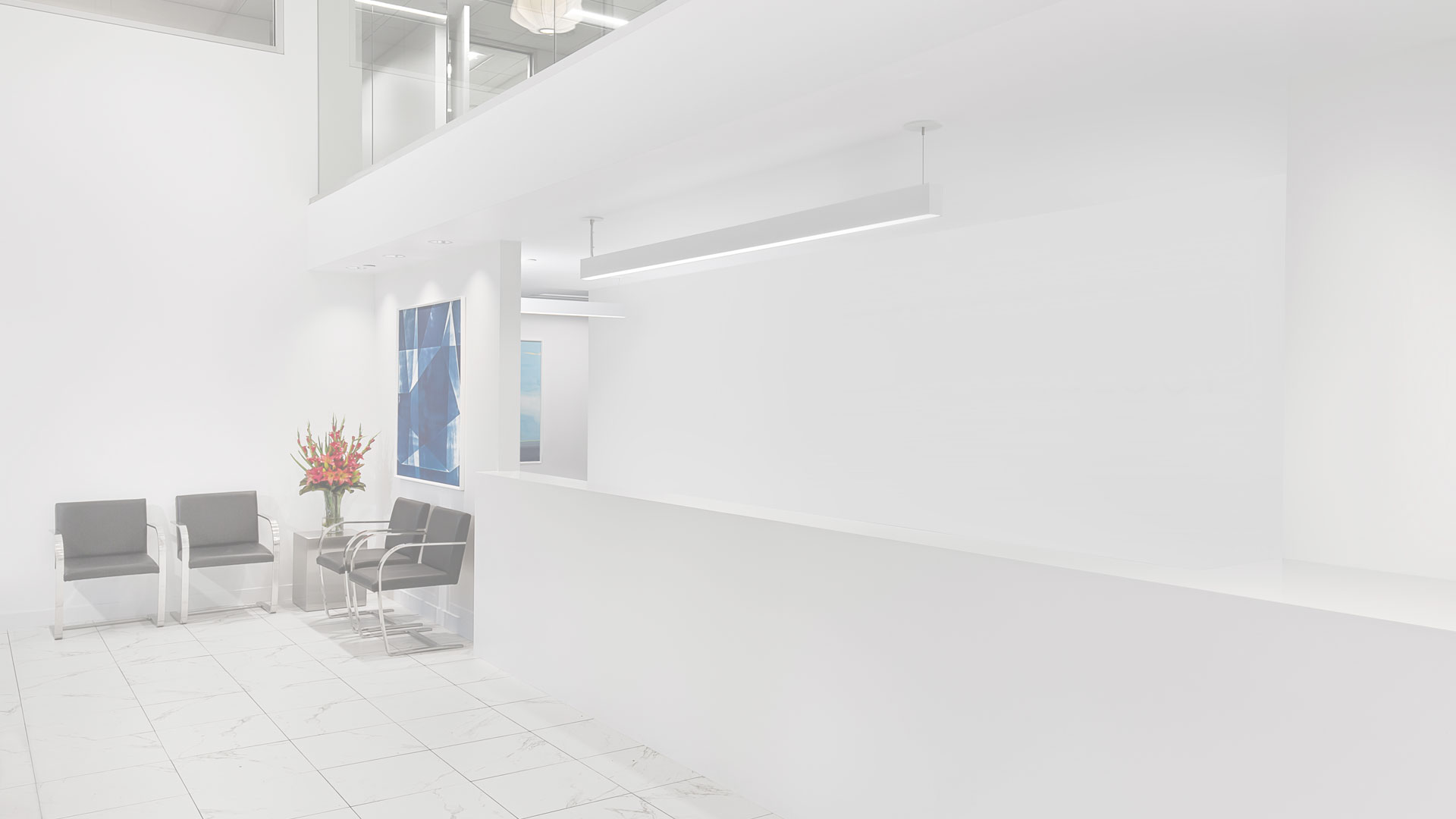
How to Remove Blackheads on Your Nose
by Adam Hurly for Men’s Health
No matter your anti-acne skincare regimen, it seems like blackheads are unavoidable. You can try all the creams in the world and have crystal clear complexion across the brow, but you’re still stuck with them on your nose. Don’t worry, though: Blackheads and clogged pores are easy to eradicate. It just requires some fine-tuned attention.
The pores on the nose are some of the largest ones on your face, which makes them more prone to clogging. Sebum and dead skin cells can cram themselves in there easily. They turn black because the dead skin cells trapped inside contain melanin. After long exposure to oxygen, this dead skin turns black—hence the name. As you age, your pores expand, and the skin’s sebum production increases. All of this is a perfect storm for blackheads, especially on the nose. And in case you were about to head to the nearest mirror to squeeze them out, don’t. It’ll only irritate your skin and can cause scarring.
Luckily, as common as blackheads are, they’re also the mildest form of acne, according to dermatologist Heather Rogers of Modern Dermatology in Seattle. “They are so superficial, so there is little to no skin inflammation with blackheads versus deeper acne lesions,” she says. And, while blackheads are very similar to whiteheads (they share a medical term, “comedones”), they are less severe since they are exposed at the top. “White heads have a very thin cover on the lesion,” Rogers says. “This prevents the oxidation of melanin and keeps the tops white.” It’s also why they hurt more and take longer to heal when released: You have to break the skin to relieve them, unlike blackheads.
So how can you adjust your skincare regimen to remove and prevent blackheads?
Rogers suggests three things to prevent blackheads, each of which can be done at home.
- Exfoliate nightly with a gentle foaming face wash that contains a chemical exfoliate like alpha hydroxyl acid, beta hydroxy acid, glycolic acid, and salicylic acid. These sound risky, but you needn’t worry. They simply dissolve dead skin cells and excess sebum, while leaving lively, healthy cells alone. “Do not scrub with a physical exfoliate,” adds Rogers. “That will cause more harm than good.” Try Murad’s AHA/BHA Exfoliating Cleanser ($38, Buy It Here).
- “Dry your skin and apply a retinol cream overnight to promote skin cell turnover,” Rogers says. “This will also push out the contents of the blackhead.” Your dermatologist can prescribe a heavy-duty retinol cream, if they fit, or you can buy a lighter dose over the counter, like SkinCeuticals’ Retinol 1.0 ($76, Buy It Here). Retinol can sensitize the skin, so be sure to cleanse in the morning and apply a UV-packed moisturizer during the day, like Clinique for Men’s Broad Spectrum SPF 21 Moisturizer (Buy It Here).
- Finally, apply a charcoal mask to a cleansed face one or two times per week. “The clay binds to the sebum and dead skin in the pores and pulls it out as you wash the mask off,” Rogers says. Give Origins’ Clear Improvement Active Charcoal Mask ($23.95, Buy It Here) a go.
“If these at-home treatments are not enough, try a monthly or quarterly facial with a skilled master aesthetician,” Rogers says. “These professional extractions can also be very helpful.” No matter what, when it comes to how to remove blackheads, it’s best to consult with your dermatologist to determine the right route for you.
Do diet and hygiene play a role in blackhead development?
According to Rogers, blackheads will happen, regardless of your diet. That being said, you can practice other anti-acne eating habits to lessen the odds of clogged pores, blackheads included. First and foremost, cut back on sugary foods and beverages. Second, drink lots of water. Those two are universally helpful, while other advice—avoiding dairy, cutting back on caffeine and alcohol—can vary from one person to the next. Again, talk to your doctor.
As for your hygiene, while it’s general logic, just be sure to shower after any heavy sweating. Rogers also advises against male hormonal supplements like testosterone, since they increase sebum production and will increase the odds of clogged pores.
Read Original Article
